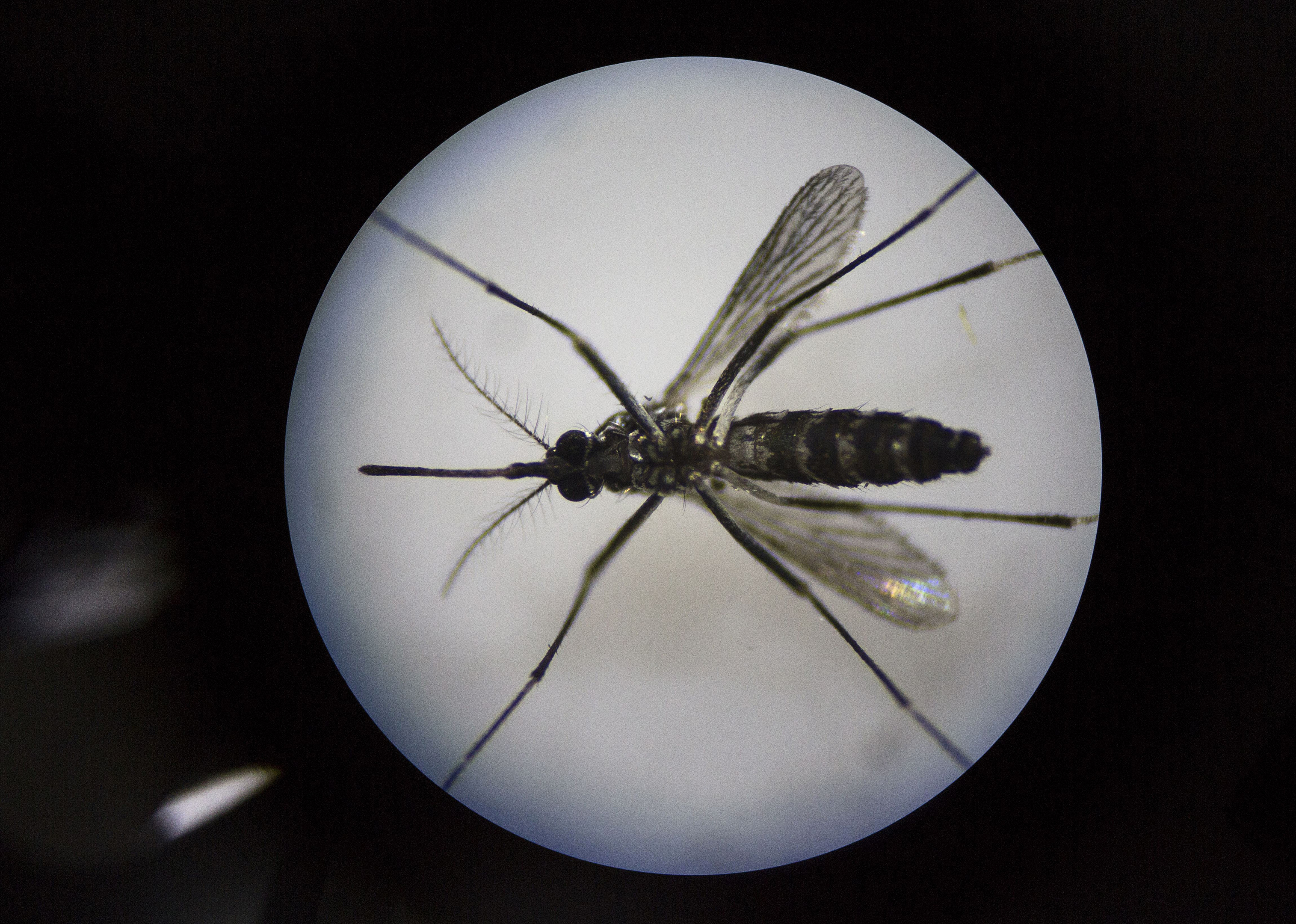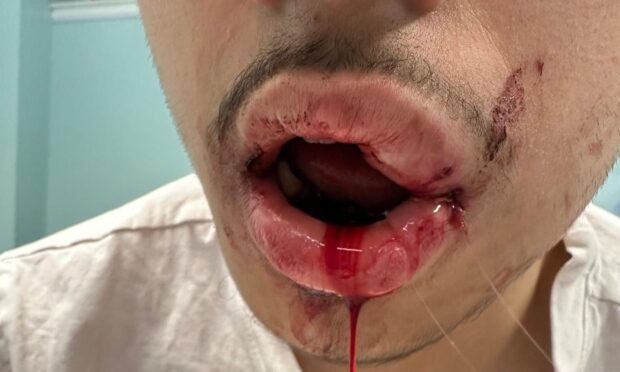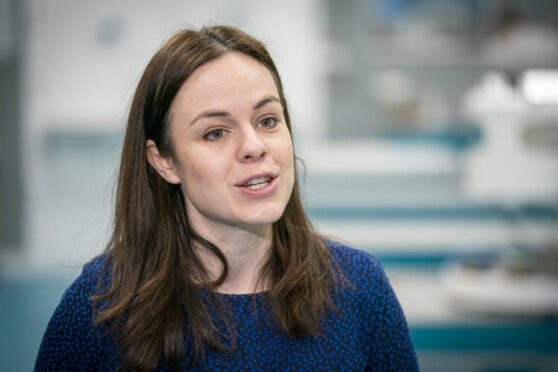A Dundee scientist has helped make a major breakthrough in the fight against malaria that could save thousands of lives.
For years, malaria has been fought by killing the mosquitoes that carry the disease and pass it on to humans.
Mosquitoes in Africa are developing resistance against one of the most commonly used insecticides, which will hinder efforts to eradicate the disease.
Currently mosquito nets are sprayed with insecticides that kill the bugs after being absorbed through the legs.
But as mosquitoes become increasingly resistant to pyrethroids used as an insecticide, postdoctoral researcher Doug Paton, who is originally from Dundee, has said the solution may be to target the parasite that causes malaria in the mosquito, rather than the bug itself.
He and laboratory head Flaminia Catteruccia were able to prove that antimalarial drugs can be passed to mosquitoes through contact.
This then kills the Plasmodium parasite that causes malaria inside the mosquito.
Dr Paton, a research fellow at the Harvard TH Chan School of Public Health and lead author of the study said: “I’d had some surprising results from an earlier study where I noticed that sterilising chemicals that we were testing on mosquitoes had an unexpected additional effect of stopping malaria parasites as they grew within the mosquito.
“The effect wasn’t strong but it was there, and it got me, and my mentor Flaminia Catteruccia, thinking about whether we could targeting the parasite directly.
“From there things developed very quickly: we ran some mathematical models of malaria transmission with our collaborators that suggested this was something the could work extremely well to reduce disease burden in Africa, and I collected the first experimental results shortly after that.”
Laboratory tests found that after coming into contact with an anti-malarial drug, all traces of Plasmodium within a mosquito had died with six minutes.
Dr Paton added: “We have a lot of work to do, but we’re hoping to start field trials of a net treated with both insecticides and antimalarials in the next three to five years.”
Dr Paton, a former Grove Academy pupil, graduated from Dundee University with a degree in microbiology in 2003. He joined the Harvard TH Chan School of Public Health as a research fellow in 2015.
His parents still live in Broughty Ferry.











